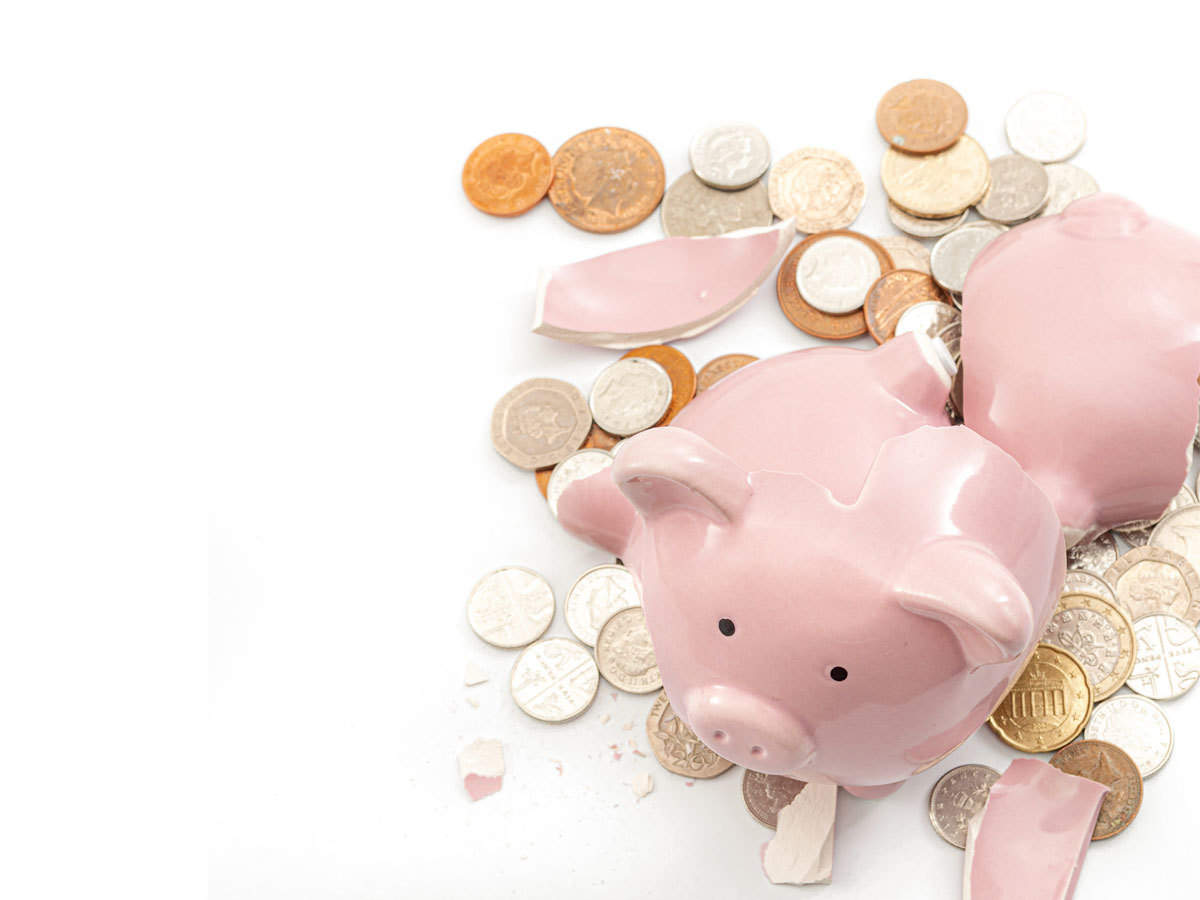
If you have a term deposit (or you’re thinking of putting some money into one), it’s important to understand the potential consequences of taking your money out early. Those consequences vary depending on the terms and conditions of the financial institution offering the term deposit. Read on to find out everything you need to know about the potential consequences of breaking term deposits early, including answers to FAQs.
Can you break a term deposit early?
This depends on the term deposit’s terms and conditions. Some financial institutions will allow you to do it, and some won’t. Some will only allow you to do it if you give them a notice period. Legally, a financial institution doesn’t have to let you withdraw your term deposit money during the fixed period — although they generally will.
What are the consequences of breaking a term deposit?
Most financial institutions that allow you to break a term deposit before the maturity date will charge you a fee (or multiple fees), but some won’t. The financial institutions that do, can typically justify the fee (or fees) because term deposit interest rates are higher than the interest rate you can get on everyday savings accounts.
A term deposit is a legal contract between you and the financial institution for the higher interest rate, so by withdrawing your money early, you are breaking the contract. This means you would have received a higher interest rate than you were entitled to. Your financial institution may want to recoup some (or all) of the extra interest paid or earned.
Is there a cooling-off period after you take out a term deposit?
Once again, some banks offer cooling-off periods on term deposits, while others don’t. Those that do will usually give you the opportunity to get your money back within a week or two if you change your mind.
Do term deposits have fixed interest rates?
Yes. This means that if market rates increase after you take out your term deposit (as they have in New Zealand recently), your fixed term deposit rate won’t change.
However, if market rates were to decrease after you take out your fixed term deposit, your fixed term deposit rate wouldn’t change, so you would be better off.
Are term deposits a good idea?
This depends on your individual financial situation. If you think there is a chance you will need to withdraw money before the investment term on a fixed term deposit ends, look for a term deposit with no early withdrawal fees (even if the interest rate is lower). Do this before you invest your money. Another alternative would be to put your money into a savings account. You’ll have the chance to access higher interest rates while having the freedom to withdraw the money whenever you need it.
Alternatively, you could take out a shorter term so you can get your money back sooner. For example, choosing a one-year fixed term deposit rather than a two-year one, even if the interest rate is slightly lower. The deposit matures a whole year earlier, which means you can access it to invest somewhere else — like purchasing a home.
Make sure you understand all of the terms and conditions of a term deposit (including those relating to early withdrawals) before you decide to invest your money in one. Shop around to compare your different options, and choose the term deposit that best suits your financial situation.
Term deposit interest rates NZ
You don’t even need to visit a branch to learn more about term deposits or find the best rates. Our comparison page helps you find the right one for you.






